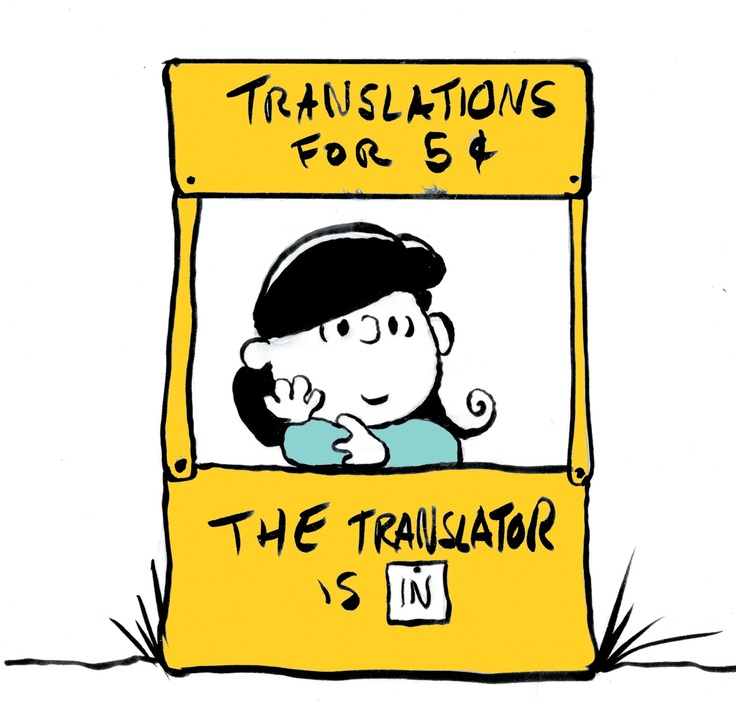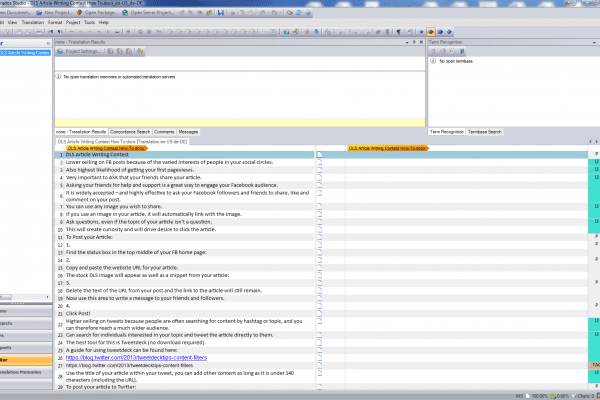

Testing for Translators and Interpreters
Depending on the translation company, client, or specific assignment, translators may need to pass certain tests before being hired.
Company Standards
Sometimes translation and interpretation tests are specific to a company’s standards. A company may test you generally to see if you qualify to be hired for current or future projects. In most cases, the company would cover the cost of this testing process and give directions regarding test completion.
Field or Subject Matter Specific
Companies may also offer testing for specific fields or subject matter if they know they need work done in these areas. Three examples of fields with current needs, especially in interpretation, that might require specific testing would be health care, mental health, and education. If you’re inquiring with a company that offers testing before hiring, check on whether you can get specifically tested in any of these fields to increase your specialization status.
Association Standards
The American Translators Association (ATA) offers testing for the purpose of certification. While this test is not required for someone to be a translator (nor is it offered in every language at this point), passing it can only serve to boost your resume. The process of taking this certification test begins with an application to prove you have enough knowledge and experience to have a chance at passing. You would then arrange to take one of the formal tests during their scheduled times throughout the year in the location closest to you. (See their website for specific details.) This certification test would be one you would pay for on your own.
State & National Standards
For professional court interpreting, there are standards at both the state and federal level.
For state court interpreting, you must pass both a written and oral exam and be able to do all 3 of the following: sight translation, consecutive interpreting, and simultaneous interpreting.
For federal interpreting, there are three types of interpreters:
1) Certified interpreters
- There are only certification programs for Spanish, Navajo, and Haitian Creole at this time. Interpreters for all other languages can only be categorized in the other two categories below.
2) Professionally qualified interpreters
- Must have passed one of the tests or be a part of one of the associations listed on this website.
- Professionally qualified interpreters are paid the same rate as certified interpreters.
3) Language skilled interpreters
- Someone who does not have the credentials of the previous two categories but who can demonstrate proficiency in both the desired target language and English.
- These interpreters are paid at a lower rate than the other two categories.
While it’s not always required to work on all projects, the more testing you’re able to do as a translator or interpreter, the better off your resume is for future projects, especially when you are first starting out.




